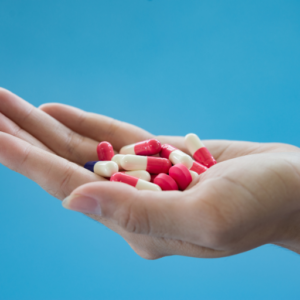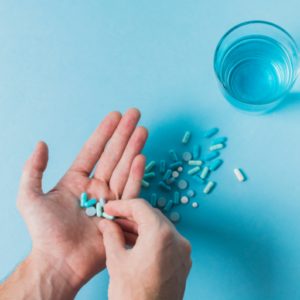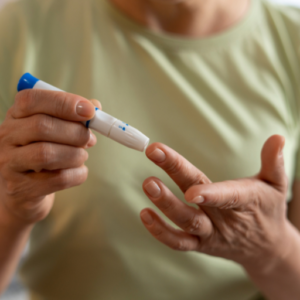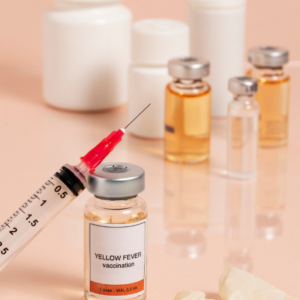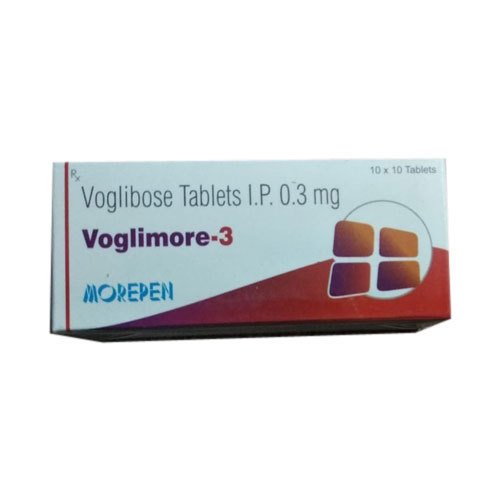Voglimore 0.3mg
| Package | Per tablet | Savings | Price |
|---|---|---|---|
| 180 tablets | $0.31 | $16 | $72 $56 |
| 150 tablets | $0.32 | $12 | $60 $48 |
| 120 tablets | $0.33 | $9 | $48 $39 |
| 90 tablets | $0.34 | $5 | $36 $31 |
| 60 tablets | $0.37 | $2 | $24 $22 |
| 30 tablets | $0.40 | – | $12 |
What is this medicine?
VOGLIMORE contains Voglibose, an alpha-glucosidase inhibitor. This medicine is used to manage type 2 diabetes mellitus by controlling postprandial (after-meal) blood sugar levels. It works by slowing the breakdown and absorption of complex carbohydrates in the intestine, thereby preventing spikes in blood sugar after meals.
What should I tell my health care provider before I take this medicine?
They need to know if you have any of these conditions:
-
diabetic ketoacidosis
-
inflammatory bowel disease (e.g., ulcerative colitis, Crohn’s disease)
-
intestinal obstruction or chronic intestinal disorders
-
severe kidney disease
-
liver disease
-
hernia
-
malabsorption disorders
-
any other stomach or digestive problems
-
an unusual or allergic reaction to voglibose or other medicines
-
pregnant or trying to get pregnant
-
breast-feeding
How should I use this medicine?
Take this medicine by mouth just before meals (usually three times a day). Swallow the tablet whole with a glass of water.
Do not take your medicine more often than directed. Follow your doctor’s instructions carefully. Continue your diabetic diet and exercise plan.
Overdosage: If you think you have taken too much of this medicine, contact a poison control center or emergency room at once.
What if I miss a dose?
If you miss a dose, skip the missed dose and take the next one with your next meal. Do not take double or extra doses.
What may interact with this medicine?
-
other antidiabetic drugs (e.g., metformin, sulfonylureas, insulin)
-
corticosteroids
-
thiazide diuretics
-
thyroid hormones
-
phenytoin
-
digoxin
-
charcoal or digestive enzyme preparations
-
alcohol (may affect blood sugar levels)
This list may not describe all possible interactions. Give your health care provider a list of all the medicines, herbs, non-prescription drugs, or dietary supplements you use. Also tell them if you smoke, drink alcohol, or use illegal drugs. Some items may interact with your medicine.
What should I watch for while using this medicine?
Monitor your blood sugar levels regularly as directed by your doctor.
Watch for signs of hypoglycemia (low blood sugar), especially if you are also on insulin or sulfonylureas. Symptoms may include shakiness, sweating, hunger, blurred vision, and confusion.
Carry a glucose tablet or glucose-based candy (not sucrose/table sugar) to treat low blood sugar, as voglibose delays the absorption of sucrose.
Visit your doctor for regular follow-up and lab tests, especially for liver function if used long-term.
Avoid alcohol as it may increase the risk of low blood sugar or interfere with blood glucose control.
What side effects may I notice from this medicine?
Side effects that you should report to your doctor or health care professional as soon as possible:
-
severe abdominal pain or cramping
-
persistent diarrhea
-
signs of liver problems (yellowing of skin/eyes, dark urine, fatigue)
-
allergic reactions (rash, itching, swelling, breathing difficulty)
Side effects that usually do not require medical attention (report if they continue or are bothersome):
-
flatulence (gas)
-
abdominal discomfort
-
diarrhea
-
soft stools
-
nausea
This list may not describe all possible side effects.
Where should I keep my medicine?
Keep out of the reach of children.
Store at room temperature between 20 and 25 degrees C (68 and 77 degrees F). Protect from moisture and heat. Keep the container tightly closed.
Throw away any unused medicine after the expiration date.







